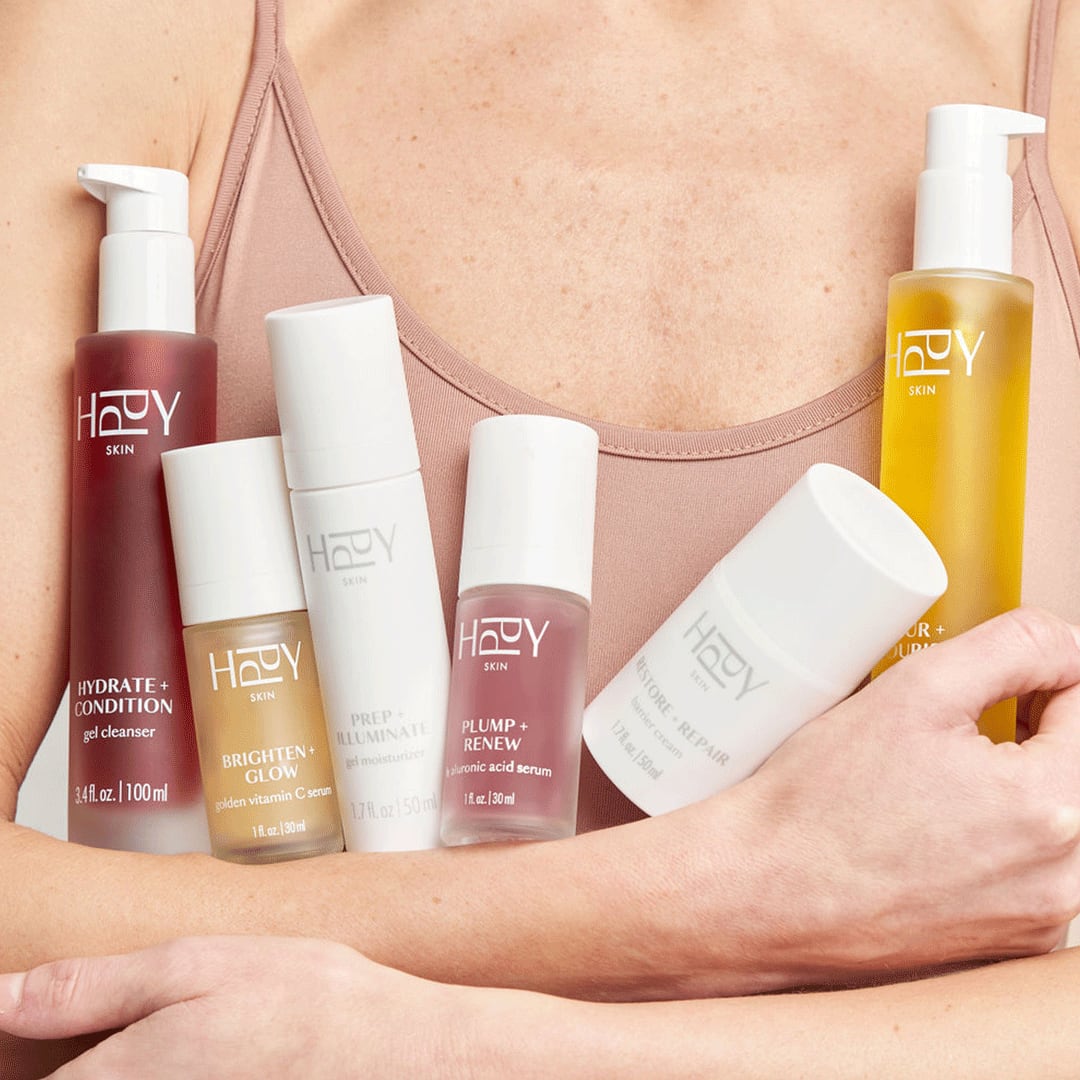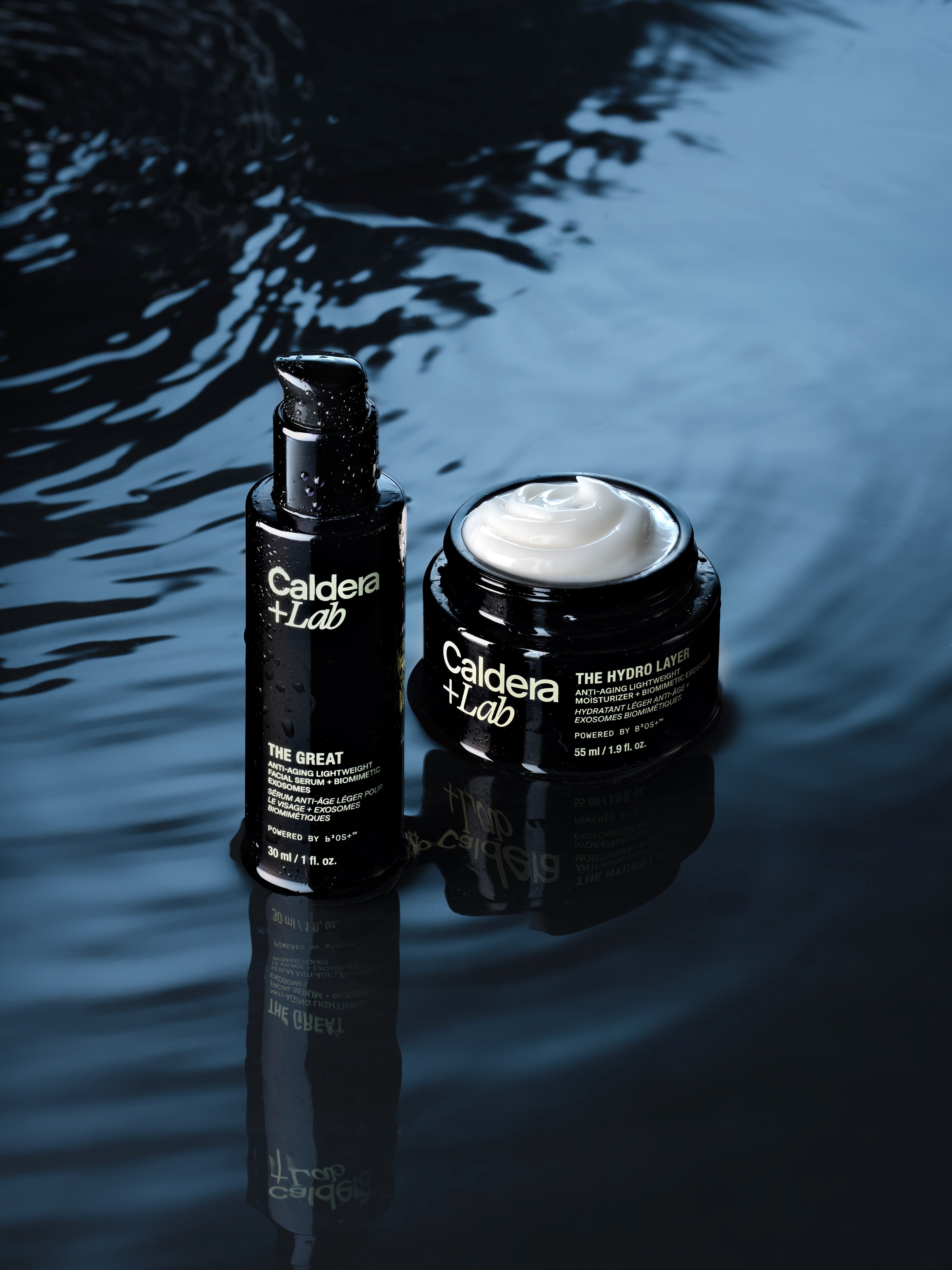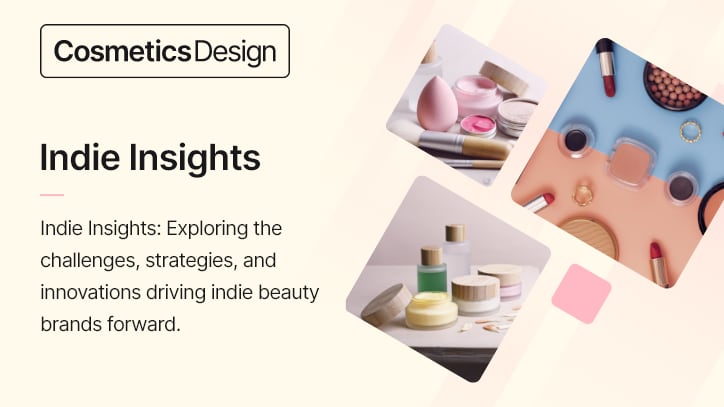HPPY Skin is one of a growing number of indie brands using food science principles to fuel skin care innovation. In this CosmeticsDesign Q&A, Penn shares how the company is applying High-Pressure Processing (HPP), a non-thermal biotech used in food preservation, to stabilize whole-berry actives, deliver full-spectrum antioxidant protection, and rethink how skin care is formulated from the ground up.
CDU: Can you walk us through your R&D process and what lessons it taught you about developing skin care from the ground up?
Hannah Penn (HP): I launched HPPY Skin out of a Wisconsin food plant, working with the same high-pressure biotech I grew up seeing in the food industry. We went through 37 failed batches — some that literally smelled and looked like rotten baby food — before we landed on our first viable formula.
Those failures taught me that if you want to stop accelerated aging at the cellular level, you can’t retrofit skin care. You have to re-engineer it from the ground up.
That’s what drove us to create our patented BioBerry Infusion — a potent cocktail of bioavailable nutrients that delivers unmatched, full-spectrum protection against all three categories of skin-damaging free radicals.”
CDU: Many indie brands rely on white-label formulas. What were the biggest challenges and advantages of building your skin care formulas entirely in-house, particularly using High-Pressure Processing (HPP)?
HP: White labeling was never an option for us. It would have meant compromise, and HPPY Skin exists to challenge compromise in beauty.
By formulating everything in-house, we were able to integrate our High-Pressure Processing technology directly into each product — something a stock base simply couldn’t support.
It was incredibly difficult to stabilize whole-berry nutrients under pressure, but it gave us the ability to keep every ingredient active, absorbable, and designed to do more than the surface-level results most formulas stop at.
CDU: HPPY Skin’s BioBerry Infusion is formulated to defend against multiple free radical pathways. How did your team approach formulating for full-spectrum protection, and what makes this approach unique compared to traditional antioxidant skin care?
HP: Most skin care only fights one type of free radical — usually Reactive Oxygen Species (ROS). But skin is under constant attack from multiple radical pathways.
BioBerry Infusion is clinically proven to neutralize 91% of damaging free radicals across all three categories: ROS, Reactive Nitrogen Species (RNS), and Carbonyl Stress. This is the first and only biotech-powered infusion of whole berries preserved through HPP.
That’s why our formulas don’t just hydrate or brighten — they defend, strengthen, and repair at the cellular level, delivering healthier, more resilient skin over time.
CDU: Your background brings food-preserving biotech into cosmetics. How do the principles of HPP in food translate to maintaining potency and bioavailability in skin care ingredients?
HP: In food science, High-Pressure Processing keeps juice fresh and nutrients intact without heat. I grew up watching how this technology extended freshness and preserved bioactivity.
I asked: why not apply that same biotech to beauty? In skin care, HPP means we preserve the full nutrient matrix of whole berries — antioxidants, vitamins, minerals, phytonutrients — so your skin gets them in their most potent, bioavailable form.
Instead of a single extract, you get a symphony of actives working together just as nature designed, optimized through biotech — and that’s the foundation of HPPY Skin.
CDU: You mentioned that early batches “smelled and looked like rotten baby food.” How did those early failures inform the final formulations, and what advice would you give other founders trying to innovate in beauty R&D?
HP: Those early failures — the bad smells, the strange textures — forced us to get smarter. We brought in food scientists, cosmetic chemists, and technologists to crack stability and sensorials without sacrificing bioactivity.
The lesson was simple: every failure is data. Each one pushed us toward a formula that could meet clinical benchmarks while feeling beautiful on skin. My advice for other founders: if you’re not failing, you’re not innovating.
True biotech breakthroughs don’t come in batch one — they come in batch 38, and that’s exactly how HPPY Skin was born.
CDU: Where do you see biotech-based skin care evolving over the next few years, and how is HPPY Skin positioning itself to push the industry beyond heat-processed extracts and conventional formulas?
HP: The future of beauty is biotech that preserves nutrient integrity. For too long, the industry has leaned on heat-processed extracts and single antioxidants.
That’s like locking one door and leaving two wide open. With HPP, we’re proving there’s a better way — clinically tested, full-spectrum defense that actually strengthens skin resilience.
In the next five years, I see biotech skin care moving beyond buzzwords to biotech methods, like HPP, that deliver measurable results. At HPPY Skin, we’re proud to be pioneering that shift.





